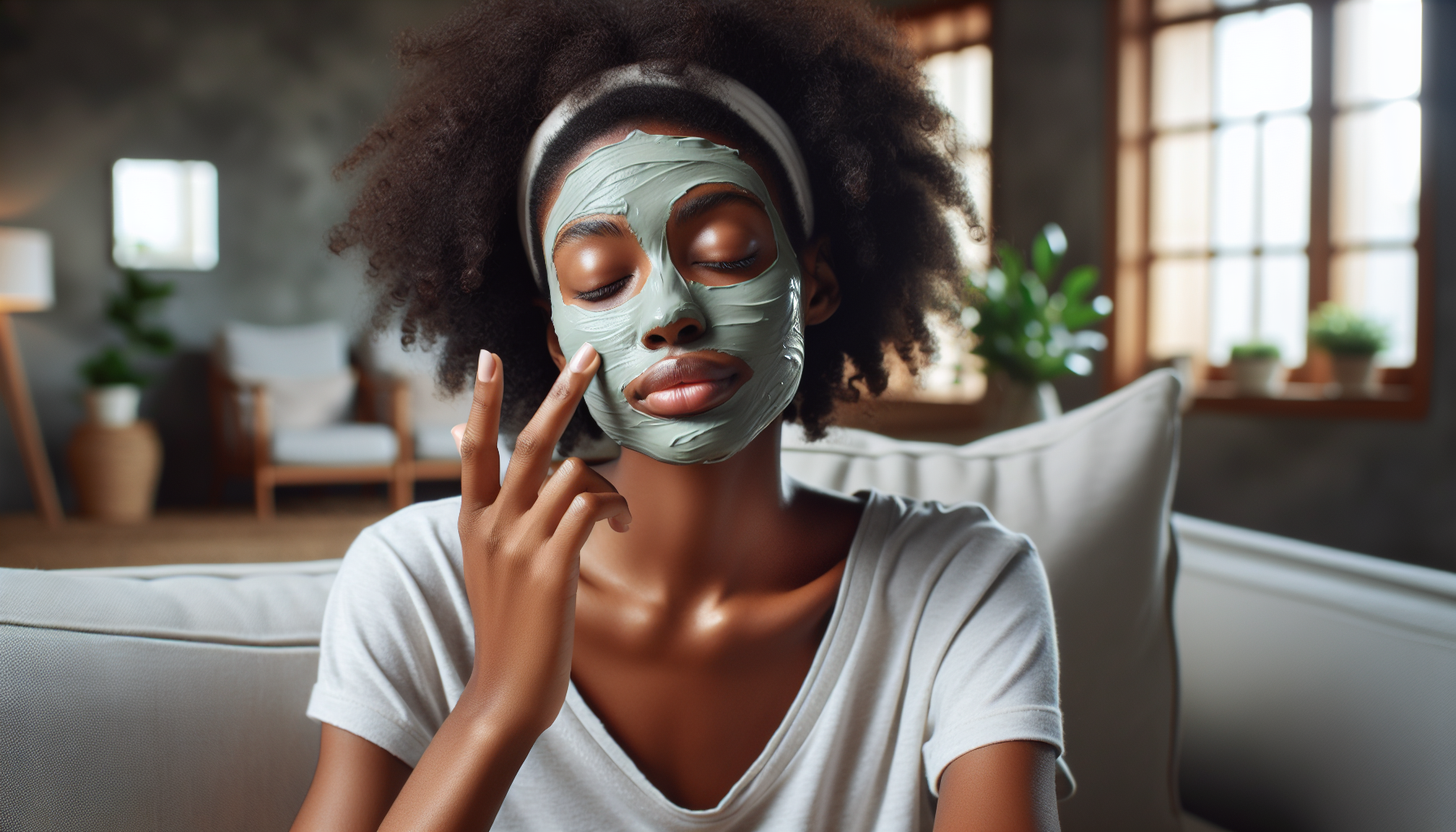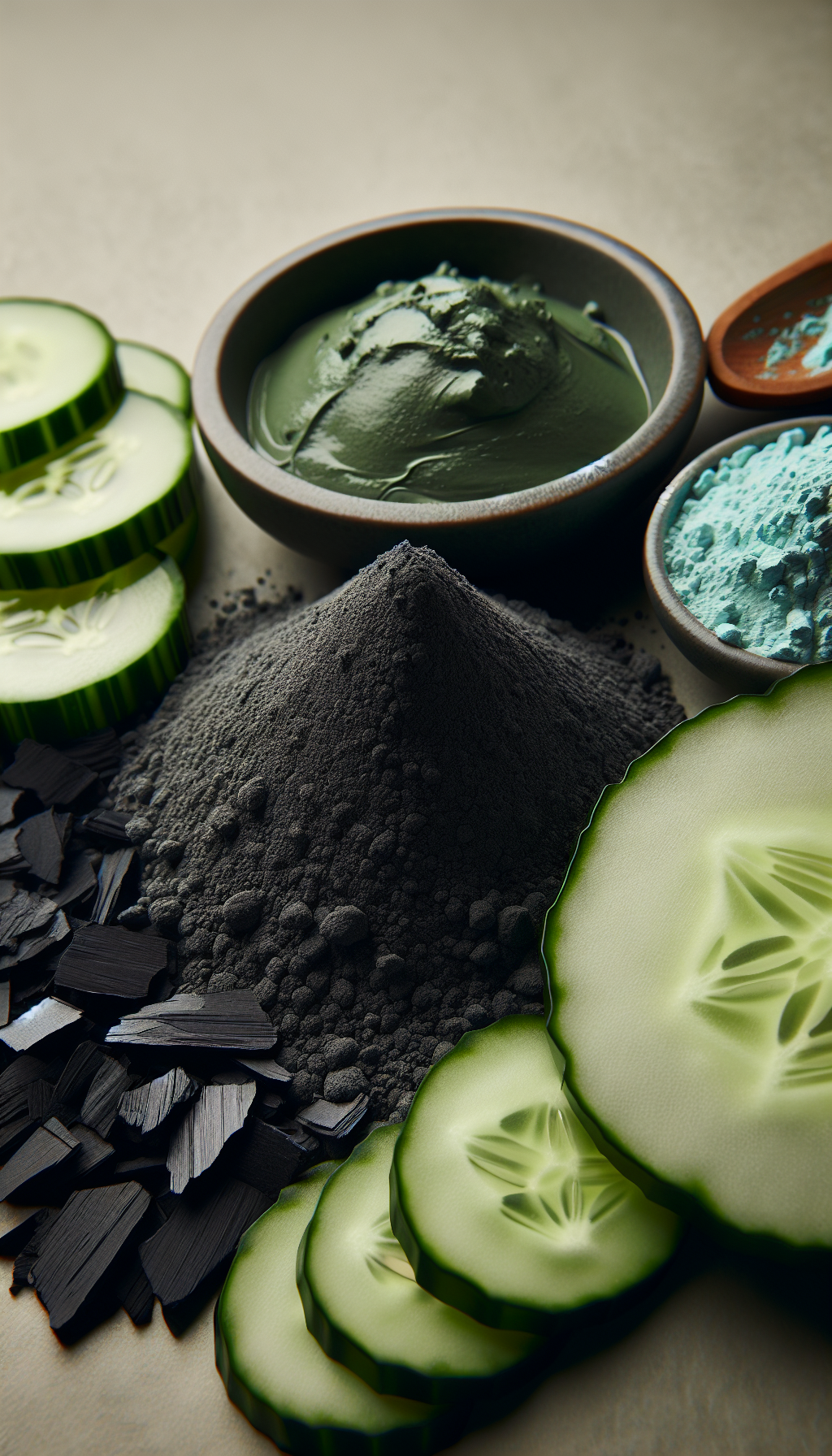Facial masks have become an integral part of skincare routines for people across the globe, aiming to address a variety of skin concerns. Understanding the different types of facial masks and how they can benefit specific skin types is key to achieving a radiant and healthy complexion.
Understanding Your Skin Type
The first step to choosing the right facial mask is to understand your unique skin type. Skin types can generally be categorized into five main groups: normal, oily, dry, combination, and sensitive. Each type requires different care to maintain balance and health.
- Normal skin is well-balanced, neither too oily nor too dry.
- Oily skin has excess sebum production, often leading to shine and blemishes.
- Dry skin lacks oil and often feels tight and may show flaking.
- Combination skin exhibits both oily and dry patches, usually with an oily T-zone.
- Sensitive skin is prone to irritation, redness, and may react to certain ingredients.
If you’re unsure about your skin type, Avixhealth’s comprehensive guide can help you determine it with greater accuracy.
Types of Facial Masks and Their Benefits
Clay Masks
Clay masks are ideal for oily and acne-prone skin as they help absorb excess oil and draw out impurities from the pores. Ingredients like kaolin or bentonite clay can be particularly effective. For those with sensitive skin, a milder clay like pink or white clay may be less drying.
Sheet Masks
Sheet masks are soaked in serum and designed to infuse your skin with intense hydration. They can benefit any skin type but are particularly good for dry and dehydrated skin. Look for masks containing hyaluronic acid or glycerin for a hydration boost.
Peel-Off Masks
Peel-off masks can help exfoliate the skin, removing dead cells and revealing a brighter complexion. These are suitable for most skin types but should be used with caution on sensitive skin to avoid irritation.
Cream Masks
Cream masks are nourishing and hydrating, making them perfect for dry or mature skin that needs extra moisture. Ingredients like ceramides and essential fatty acids can help restore the skin barrier.
Gel Masks
Gel masks are cooling and soothing, often containing antioxidants and anti-inflammatory agents. They are great for sensitive or sun-damaged skin, providing a calming effect.
Charcoal Masks
Charcoal masks are known for their deep cleansing properties, working well on oily and combination skin. Activated charcoal helps to pull toxins and dirt from the pores, aiding in acne control.
Exfoliating Masks
Exfoliating masks use acids or enzymes to remove dead skin cells. These masks are beneficial for improving skin texture and tone, but it’s important to select one that matches your skin’s tolerance to avoid over-exfoliation.
When incorporating masks into your skincare routine, it’s also crucial to consider the overall health of your skin. For insights into maintaining skin health, Avixhealth provides a wealth of information.
How to Use Facial Masks Effectively
- Preparation: Begin with a clean face. Remove any makeup and cleanse your skin thoroughly.
- Application: Follow the instructions on the mask’s packaging. Apply an even layer to your face, avoiding the eyes and mouth.
- Timing: Leave the mask on for the recommended period. Leaving a mask on longer than suggested can cause skin irritation.
- Removal: Rinse off with lukewarm water or remove gently as directed.
- Follow Up: After removing the mask, apply your usual skincare products, such as toner, serum, and moisturizer.
Addressing Specific Skin Concerns
Acne
For acne-prone skin, look for masks with salicylic acid or tea tree oil, which help combat breakouts. The benefits of retinol for skin rejuvenation can also complement the use of facial masks in treating acne and preventing scarring.
Aging
Anti-aging masks should contain ingredients like retinol, peptides, or antioxidants. These components can reduce the appearance of wrinkles and promote collagen production.
Hyperpigmentation
To address uneven skin tone and hyperpigmentation, select masks with vitamin C or niacinamide. These ingredients can help lighten dark spots and even out skin tone.
Sensitivity
If you have sensitive skin, look for masks with soothing ingredients like aloe vera or chamomile. Avoid masks with fragrances or harsh chemicals that could cause irritation.
External Resources to Further Your Knowledge
For those looking to deepen their understanding of skin health and facial masks, here are some niche resources:
- Dermatology Journal provides peer-reviewed articles on the latest research in skin care.
- Skin Care Ox offers organic and natural skin care guides and product reviews.
- Paula’s Choice Ingredient Dictionary is a comprehensive resource for understanding the benefits of different skincare ingredients.
By exploring these resources, you can make more informed decisions about the products you introduce into your skincare routine.
Conclusion
Choosing the right facial mask for your skin type can greatly enhance your skincare regimen. It is not just about the immediate effects but also about complementing your long-term skin health strategy. To further explore how diet and lifestyle influence your skin, consider reading about the impact of dietary choices on skin inflammation and the role of collagen supplements in skin health. With the right knowledge and products, you can enjoy the multitude of benefits that facial masks offer.



